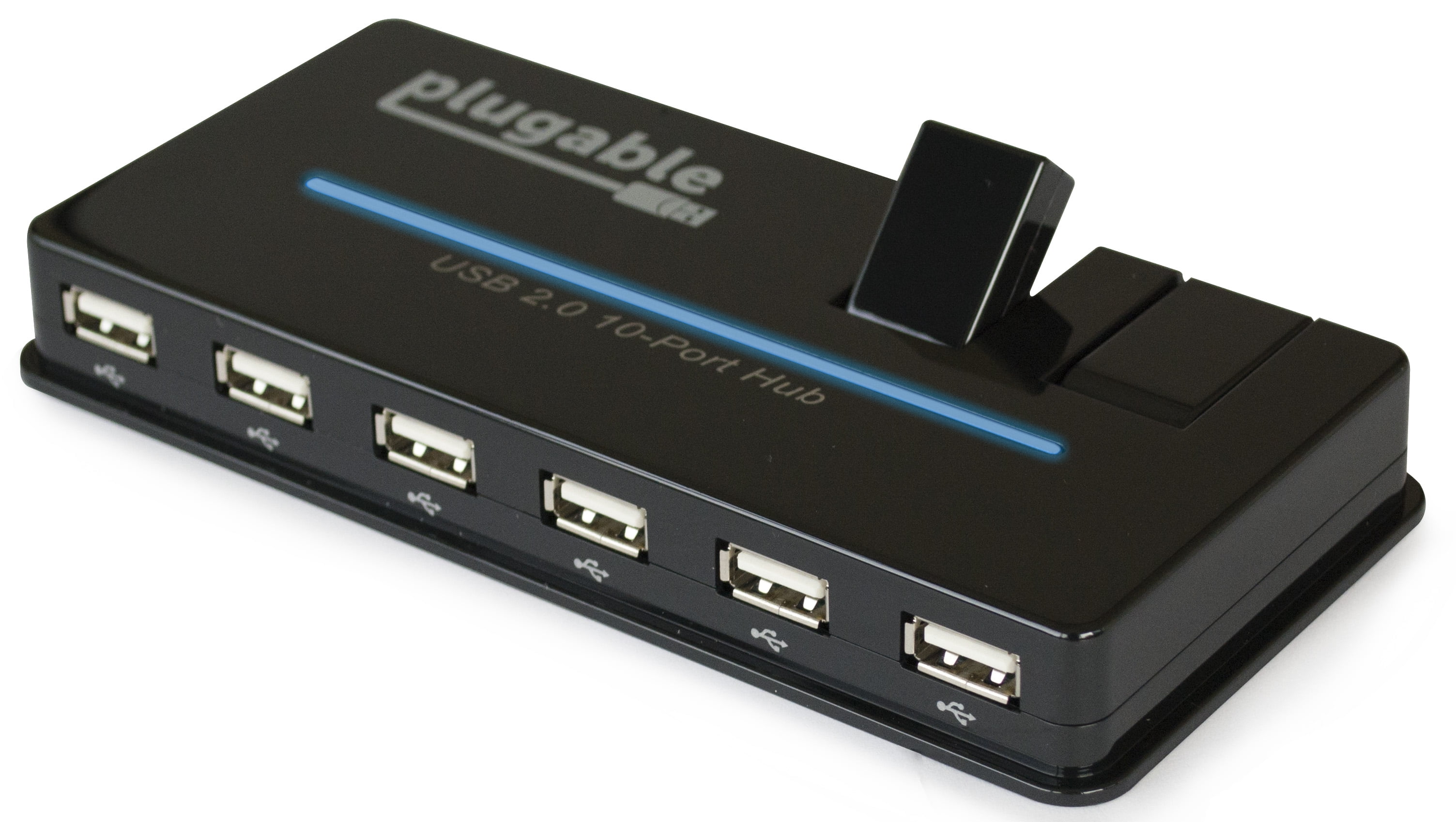Find HD Hub: Your Ultimate HD Resource
Are you on the hunt for pristine clarity and seamless streaming in your digital world? High-Definition (HD) hubs are rapidly becoming the cornerstone of modern home entertainment and professional setups. The rising demand for high-quality video content has propelled the evolution of these central connection points, turning them from mere devices into essential components for managing and distributing media. Whether it's for creating a sophisticated home theater, delivering captivating presentations, or facilitating complex video editing workflows, understanding the capabilities and nuances of an HD hub is now more crucial than ever.
At its core, an HD hub serves as a central switching station, enabling multiple high-definition video sources to connect to one or more displays or recording devices. This eliminates the cumbersome need to constantly swap cables and reconfigure connections, streamlining the user experience and enhancing productivity. From gaming consoles and Blu-ray players to streaming devices and computers, an HD hub provides a centralized point for managing all your high-definition devices. The market offers a diverse range of HD hubs, each designed to cater to specific needs and budgets, encompassing a spectrum of features, input/output options, and performance levels. The underlying technology driving these devices has significantly advanced, supporting higher resolutions, faster refresh rates, and a wider array of audio formats, thereby unlocking the full potential of modern media.
| Category | Information |
|---|---|
| Definition | A central switching station for high-definition video sources. |
| Primary Function | To connect and manage multiple HD video sources to one or more displays or recording devices. |
| Common Applications | Home theaters, professional presentations, video editing workflows, gaming setups. |
| Key Features | Multiple HDMI inputs/outputs, support for high resolutions (4K, 8K), HDR support, audio extraction, EDID management, HDCP compliance. |
| Considerations when choosing | Number of devices, Resolution required, required ports, audio need, and budget. |
| Further Reading | HDMI Official Website |
One of the primary advantages of utilizing an HD hub lies in its ability to simplify complex cabling arrangements. In scenarios where multiple devices need to be connected to a single display, an HD hub eliminates the necessity of constantly plugging and unplugging cables. This not only saves time and effort but also reduces wear and tear on the connectors, prolonging the lifespan of your devices. Furthermore, many HD hubs incorporate advanced features such as EDID (Extended Display Identification Data) management, which ensures optimal compatibility between the connected devices and the display. By automatically negotiating the best possible resolution and audio format, EDID management minimizes compatibility issues and ensures a seamless viewing experience.
- Vegamovies Your Guide To Streaming Bollywood Hindi Dubbed Movies
- Anjali Arora Mms Video The Truth The Impact And Whats Next
The proliferation of 4K and 8K displays has driven the demand for HD hubs capable of supporting these ultra-high resolutions. These advanced hubs typically feature HDMI 2.0 or HDMI 2.1 ports, which provide the necessary bandwidth to transmit high-resolution video signals at faster refresh rates. Additionally, many high-end HD hubs support HDR (High Dynamic Range) technology, which enhances the contrast and color accuracy of the video, resulting in a more immersive and lifelike viewing experience. The choice of HD hub should align with the resolution and refresh rate requirements of your display and source devices, ensuring that you can fully leverage their capabilities.
Beyond video connectivity, many HD hubs also offer audio extraction capabilities. This allows you to extract the audio signal from the HDMI input and output it to a separate audio system, such as a soundbar or receiver. Audio extraction can be particularly useful in scenarios where you want to improve the audio quality or connect to a legacy audio system that doesn't support HDMI. Some HD hubs also support advanced audio formats such as Dolby Atmos and DTS:X, providing a more immersive and cinematic audio experience.
HDCP (High-bandwidth Digital Content Protection) is another critical aspect to consider when selecting an HD hub. HDCP is a copy protection scheme designed to prevent the unauthorized copying of digital content. Most commercially produced video content is protected by HDCP, and your HD hub must be HDCP-compliant in order to display this content. Ensure that the HD hub you choose supports the latest version of HDCP to avoid compatibility issues and ensure that you can view all your protected content.
- 9xmovies In 2025 Risks Alternatives The Future Of Streaming
- Filmyfly 2024 South Movies Your Ultimate Blockbuster Guide
The market offers a wide range of HD hubs at varying price points. Basic HD hubs typically offer a limited number of HDMI inputs and outputs and may lack advanced features such as HDR support or audio extraction. Mid-range HD hubs offer a more comprehensive set of features and may include support for 4K resolution and basic audio extraction. High-end HD hubs offer the most advanced features, including support for 8K resolution, HDR, advanced audio formats, and sophisticated EDID management. The choice of HD hub will depend on your specific needs and budget.
In professional settings, HD hubs play a critical role in facilitating presentations, video editing workflows, and live streaming events. These hubs often incorporate advanced features such as seamless switching, which allows you to switch between different video sources without any noticeable interruption. This is particularly important in live events where smooth transitions are essential. Additionally, professional-grade HD hubs may offer features such as scaling and aspect ratio control, allowing you to optimize the video output for different display devices.
The installation and setup of an HD hub are typically straightforward. Most hubs come with clear instructions and require minimal configuration. Simply connect your video sources to the HDMI inputs on the hub and connect the HDMI output to your display device. You may need to adjust the settings on your source devices and display to ensure optimal compatibility and performance. Many HD hubs also come with a remote control, allowing you to easily switch between different video sources and adjust the settings.
While HD hubs offer numerous benefits, it's important to be aware of potential limitations. One common issue is signal degradation, which can occur when transmitting high-resolution video signals over long distances. To mitigate this issue, it's recommended to use high-quality HDMI cables and keep the cable lengths as short as possible. Additionally, some HD hubs may introduce a slight delay in the video signal, which can be noticeable in gaming applications. If you're a serious gamer, you may want to consider a dedicated gaming monitor with low input lag.
The future of HD hubs is likely to be driven by advancements in display technology and the increasing demand for higher resolutions and faster refresh rates. We can expect to see more HD hubs supporting 8K resolution, HDR10+, and HDMI 2.1, as well as new features such as variable refresh rate (VRR) and auto low latency mode (ALLM) for gaming applications. Additionally, we may see the integration of AI-powered features such as automatic resolution scaling and content optimization.
Choosing the right HD hub requires careful consideration of your specific needs and budget. Start by assessing the number of devices you need to connect and the resolution and refresh rate requirements of your display. Consider whether you need advanced features such as HDR support, audio extraction, or seamless switching. Read reviews and compare different models before making a purchase. With the right HD hub, you can transform your home entertainment system or professional setup into a seamless and high-performance media environment.
Power consumption is another factor often overlooked. While most HD hubs are relatively energy-efficient, it's wise to check the power consumption specifications, especially if you plan to leave the hub powered on continuously. Some models offer power-saving modes that can automatically reduce power consumption when the hub is not in use.
Cables are not all created equal. Investing in high-quality HDMI cables can significantly impact the performance of your HD hub. Look for cables that are certified to support the desired resolution and bandwidth. Avoid excessively long cables, as they can introduce signal degradation. For longer runs, consider using active HDMI cables or HDMI extenders.
Beyond the technical specifications, consider the user interface and ease of use. A well-designed user interface can make it much easier to switch between sources, adjust settings, and troubleshoot issues. Some HD hubs offer a web-based interface that can be accessed from a computer or mobile device. Others rely on a traditional remote control and on-screen menu.
Don't forget about surge protection. An HD hub is an investment, so it's essential to protect it from power surges. Connect your HD hub to a surge protector to prevent damage from lightning strikes or other electrical events.
Troubleshooting can be a necessary evil. If you encounter problems with your HD hub, start by checking the cables and connections. Make sure all the cables are securely plugged in and that the correct inputs and outputs are selected. Consult the user manual for troubleshooting tips. If you're still having trouble, contact the manufacturer's customer support.
Ultimately, the best HD hub is the one that meets your specific needs and budget. By carefully considering the factors outlined in this article, you can make an informed decision and choose an HD hub that will enhance your entertainment and professional experiences for years to come.

Comprehensive Guide To HD Hub 4U Movies Features, Risks, And Alternatives

Discover The Best Movies And Shows With HD Hub 4u

HD Hub For You The Ultimate Destination For High Definition Content